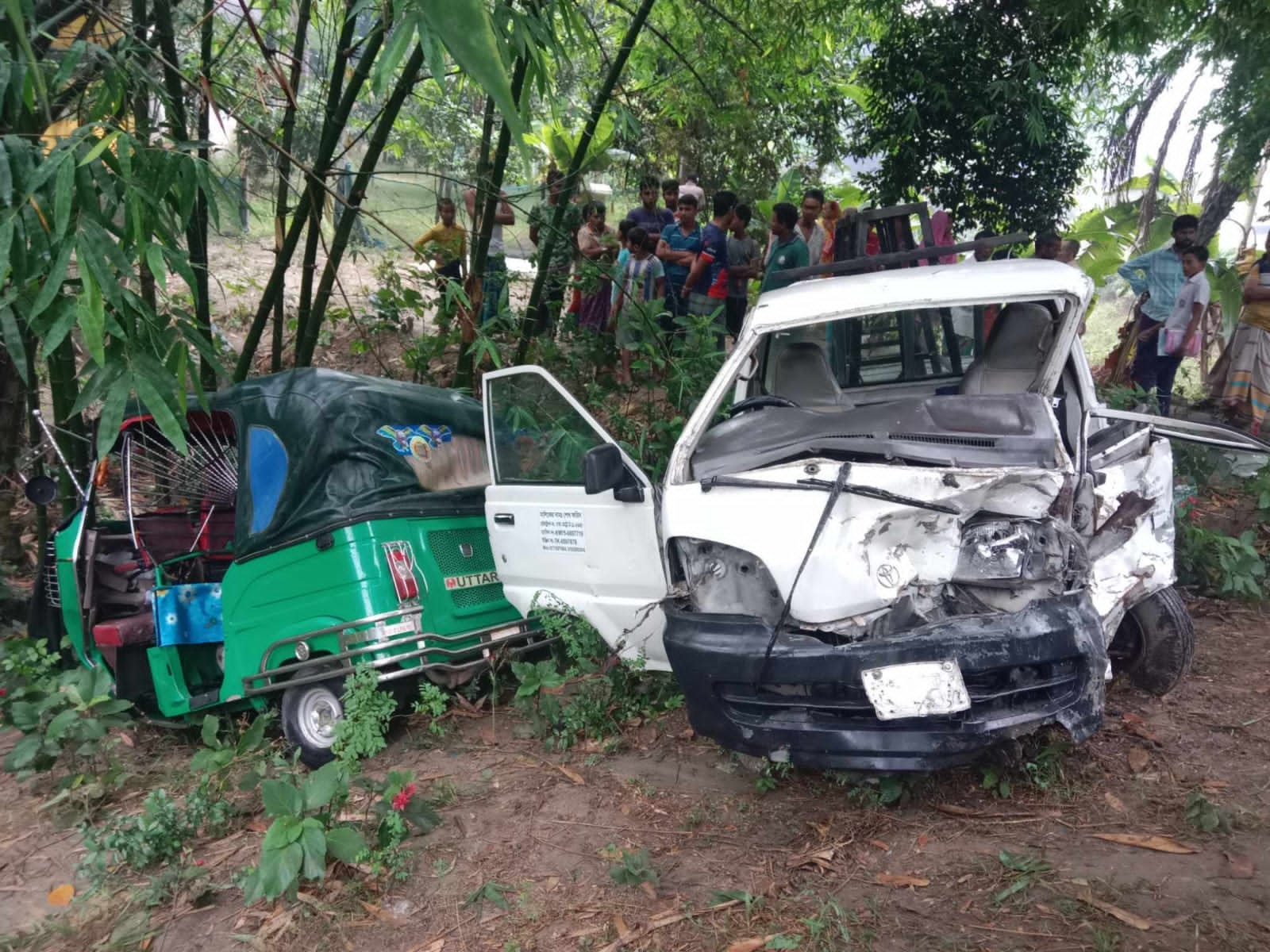When governance fails, people pay the price

Two headlines printed on the same page of Sunday's edition of The Daily Star left me cold. One read, "390 girls raped in first eight months this year," and the other, "417 killed, 682 hurt in road crashes in Sept." At first glance, they seem unrelated—one tied to crime and justice, the other to transport and safety. Yet, together, they reveal an unsettling pattern of governance that too often fails to protect citizens' most basic rights, which include safety and dignity.
Month after month, similar figures emerge, followed by assurances that things will change. Yet, the headlines barely differ. Whether it's the growing violence against women or the unending bloodshed on our roads, both expose deep flaws in how we govern, enforce, and care.
Take the first report of 390 girls being raped in just eight months. This is not new. Year after year, newsrooms are flooded with reports of rape, assault, and harassment. Behind every statistic lies a story of pain, trauma, and shattered trust. We have special tribunals and legal frameworks, such as the Women and Children Repression Prevention Act, but justice often remains illusive where it matters most. Survivors face humiliation, stigma, and indifference. Justice is often delayed and therefore denied.
The justice machinery itself is weak. Law enforcement is undertrained, under-resourced, and at times, complicit. Cases drag on for years as investigations stall and witnesses are intimidated. Conviction rates are abysmally low. According to a recent report by this daily, between January and August this year, the conviction rate for crimes against children was only 0.52 percent, with a punishment rate of 0.30 percent. For crimes against women, the conviction rate stood at 2.61 percent and the punishment rate at 1.44 percent. In such a system where accountability is rare, perpetrators are emboldened by impunity.
The state's response to road safety mirrors this neglect. The second report on road crashes tells a story we have heard countless times. Despite repeated pledges by successive governments for safer roads, new laws, and awareness drives, our roads remain among the deadliest in the world, plagued by the same institutional weaknesses and lack of accountability.
Behind each crash lies a web of preventable failures. Unfit vehicles continue to operate by paying bribes. Untrained drivers, some with fake or no licences, roam freely. Reckless driving and violations of traffic rules persist unchecked. Oversight agencies lack coordination and resources. Meanwhile, transport owners' associations—led by politically powerful figures who shift with each change of government—hold the system hostage, ensuring accountability rarely reaches those who profit from this chaos.
The Road Safety Movement 2018 briefly forced the nation to confront this disorder. It prompted the government to enact a new Road Transport Act and sparked widespread awareness and hope. However, years later, the same tragedies unfold daily on our streets. The law exists, but implementation remains weak and selective. The result is a culture of impunity where lives are lost, and lessons remain unlearnt.
Both these crises, the rise in violence against women and the continuing road carnage, stem from the same root: the failure to ensure accountability and uphold the rule of law. We have laws, policies, and plans, but they are rarely enforced with sincerity or sustained commitment. Institutions act reactively, not preventively. Once public outrage subsides, inertia takes over.
Good governance is not an abstract concept, nor is it measured by the number of laws passed or committees formed. It is about systems that serve people. It is measured by outcomes—by whether the state upholds the rule of law, whether citizens feel safe, whether institutions respond effectively, and whether accountability is real. In both road safety and violence against women, our governance fails this test. These issues must be part of the reform agenda that the interim government is now pursuing across sectors.
The absence of accountability has normalised apathy. When someone dies in a reckless driving incident or a woman becomes a victim of violence, society's response follows a predictable cycle: shock, outrage, and silence. Committees are formed, statements issued, and then everything fades—until the next tragedy.
Bangladesh's remarkable progress, from economic growth to infrastructure, rings hollow when citizens live in fear or lose their lives on unsafe roads. True progress is not about how fast we build, but how well we protect. To change course, we must treat these crises as reflections of how our institutions serve us. Road safety cannot depend on occasional drives, nor can violence against women be tackled by laws alone. Both demand sustained enforcement, empathy, and political courage.
Until that happens, the headlines will keep returning as grim reminders, month after month, that when governance fails, it is ordinary people who pay the price, with their lives, their safety, and their dignity.
Wasim Bin Habib is planning editor at The Daily Star.
Views expressed in this article are the author's own.
Follow The Daily Star Opinion on Facebook for the latest opinions, commentaries and analyses by experts and professionals. To contribute your article or letter to The Daily Star Opinion, see our guidelines for submission.




 For all latest news, follow The Daily Star's Google News channel.
For all latest news, follow The Daily Star's Google News channel. 

Comments